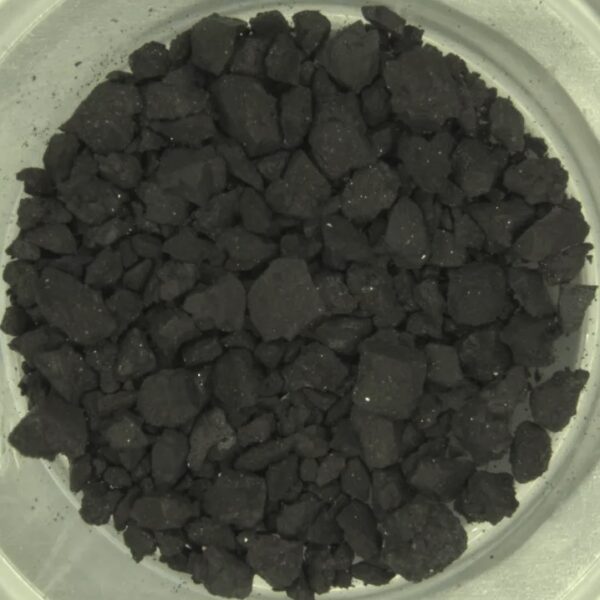
The asteroid Ryugu, which orbits the sun between Earth and Mars, contains many of the building blocks for life, a new analysis finds.
The study, published Feb. 23 in the journal Science, is one of the first peeks at the samples from Ryugu brought back by Japan’s Hayabusa2 spacecraft in 2020. The mission is only the second time a spacecraft has successfully brought back a sample from an asteroid; In 2010, the first Hayabusa mission brought back dust from the Itokawa asteroid, but that sample was mere micrograms in size due to a failure of the collection system. Hayabusa2, by comparison, returned more than 0.17 ounces (5 grams) to Earth from the space rock officially known as 162173 Ryugu.
An analysis of a tiny portion of this sample revealed that the carbon-rich asteroid also contains molecules that are crucial to all known life, including 15 amino acids, the building blocks of proteins. These molecules themselves are not alive, but because they are found in all life, scientists call them “prebiotic.” Researchers knew from previous studies of meteorites found on Earth that space rocks can contain prebiotic molecules, but rocks that have fallen through Earth’s atmosphere might harbor such compounds due to contamination. It also wasn’t clear whether these molecules could survive on an asteroid’s surface or only deep within the asteroid body. In this case, the molecules came from surface dust.
“Writer Fuel” is a series of cool real-world stories that might inspire your little writer heart. Check out our Writer Fuel page on the LimFic blog for more inspiration.

